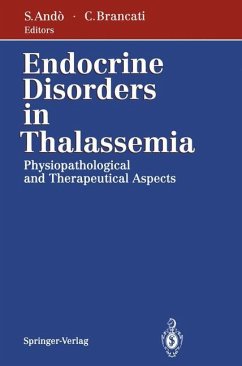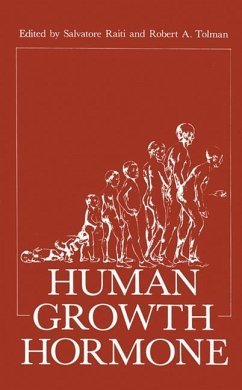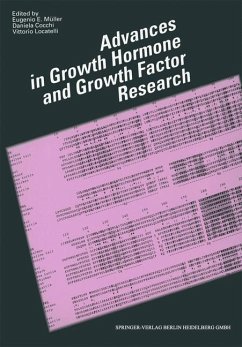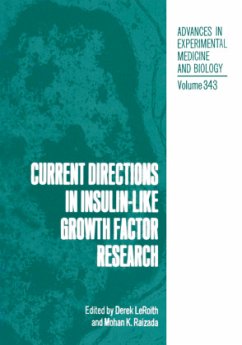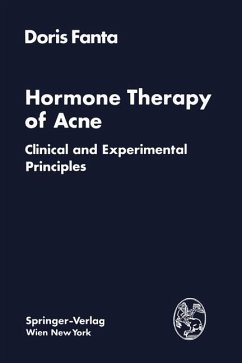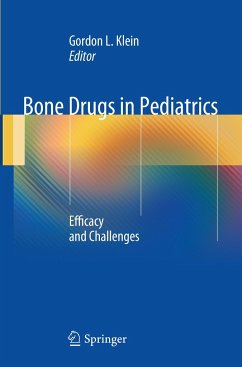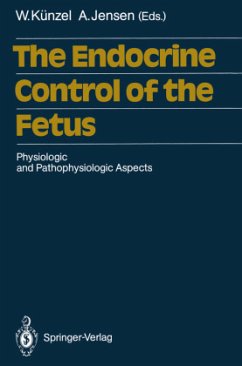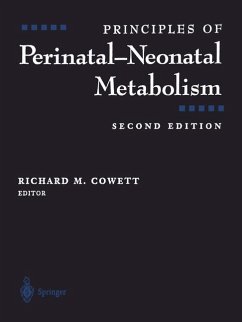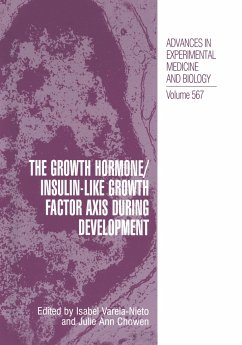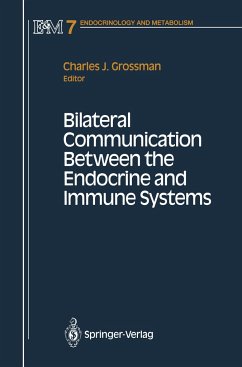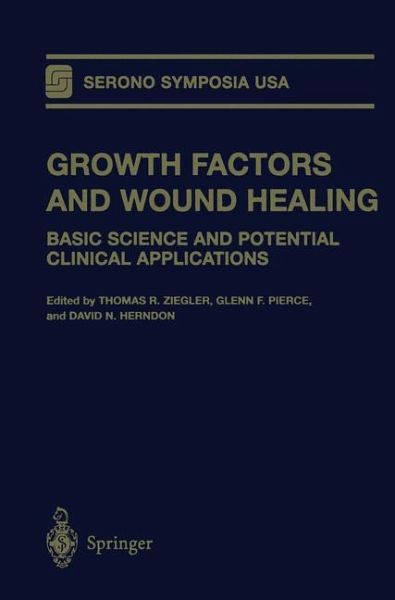
Growth Factors and Wound Healing
Basic Science and Potential Clinical Applications
Herausgegeben: Ziegler, Thomas R.; Pierce, Glenn F.; Herndon, David N.

PAYBACK Punkte
19 °P sammeln!
The biology of wound healing and tissue repair are increasingly being defined. At the same time, the availability of recombinant peptide growth factors for clinical investigation has prompted numerous trials of growth factor administration as adjunctive therapy to enhance the rate and quality of acute and chronic wound repair. New basic science information on growth factor function and regulation obtained in the research laboratory is actively being applied in animal studies and in clinical research settings. In addition to studies of surface wounds, an increasing number of investiga tions on ...
The biology of wound healing and tissue repair are increasingly being defined. At the same time, the availability of recombinant peptide growth factors for clinical investigation has prompted numerous trials of growth factor administration as adjunctive therapy to enhance the rate and quality of acute and chronic wound repair. New basic science information on growth factor function and regulation obtained in the research laboratory is actively being applied in animal studies and in clinical research settings. In addition to studies of surface wounds, an increasing number of investiga tions on growth factor administration have focused on healing and repair in nondermal tissues such as the intestinal tract and other organs. While the amount of new information on the molecular biology of growth factor expression, signaling, and function has been exponential in recent years, results of many clinical trials on growth factor administration in wound healing have been disappointing. Thismaybe due, in part, to the heterogeneity of clinical wounds and the patients who harbor them, less than adequate standardization of care in experimental and control groups, issues related to drug dosing, and inadequate control for important issues relevant to healing such as nutrient intake and underlying nutritional status.





